Supreme Court Yemen
The Supreme Court of Yemen is the highest judicial authority in the country, responsible for overseeing the interpretation of laws and ensuring that they align with the Constitution of Yemen. However, due to the ongoing conflict and the division between the internationally recognized government of Yemen and the Houthi-controlled areas, the judiciary is fragmented.
Key Facts about the Supreme Court of Yemen:
Structure:
- The Supreme Court is composed of a president and a number of judges, all appointed by the president of Yemen.
- It functions as the highest court of appeals in the country, dealing with constitutional matters and disputes between different branches of government.
Location:
- The Supreme Court is based in Sana'a, the capital of Yemen. However, due to the civil war, the internationally recognized government, which has been based in Aden, has faced challenges in maintaining control over this institution.
Roles and Responsibilities:
- The Supreme Court hears cases related to constitutional interpretation and appeals on important legal matters.
- It has the authority to dissolve political parties or groups if they are found to be in violation of the law.
- It also has the power to rule on the constitutionality of laws passed by the Yemeni legislature.
Impact of the Yemeni Conflict:
- The country has been in a state of conflict since 2014, with the Houthi movement controlling the capital Sana'a and several northern regions, while the internationally recognized government has been based in the southern part of the country, primarily in Aden.
- This division has led to a situation where the Supreme Court's jurisdiction is often unclear, with different parts of the country following different legal systems.
- The Houthi-controlled Supreme Court in Sana'a has continued to operate under Houthi authority, which does not align with the internationally recognized government. This has created a divided legal and judicial system within the country.
International Recognition:
- The Supreme Court in Yemen is officially recognized by the United Nations as part of the legitimate governance structures of Yemen. However, in areas under Houthi control, the situation is more complex, with the Houthi authorities running a parallel judicial system.
Conclusion:
The Supreme Court of Yemen remains an important institution, but its operation is significantly affected by the ongoing civil war and the split between the internationally recognized government and the Houthi movement. This fragmentation means that Yemen has effectively two competing legal systems, each with its own interpretation of the law. The UN and international efforts continue to push for a resolution to the conflict, which would restore a unified legal and judicial system in Yemen.














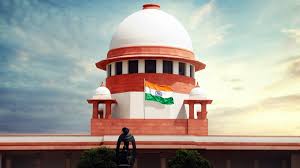


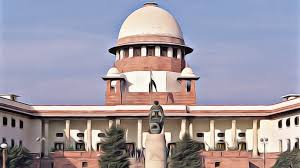

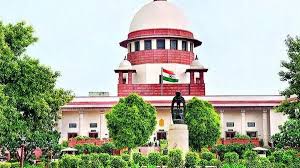









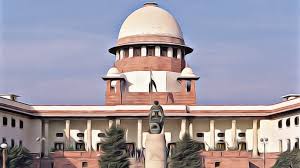




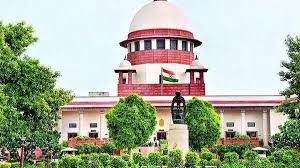



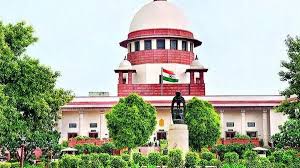
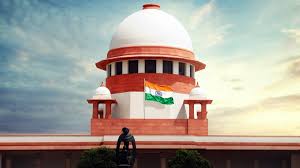



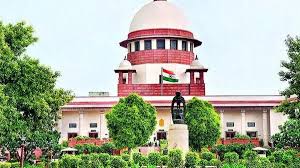


















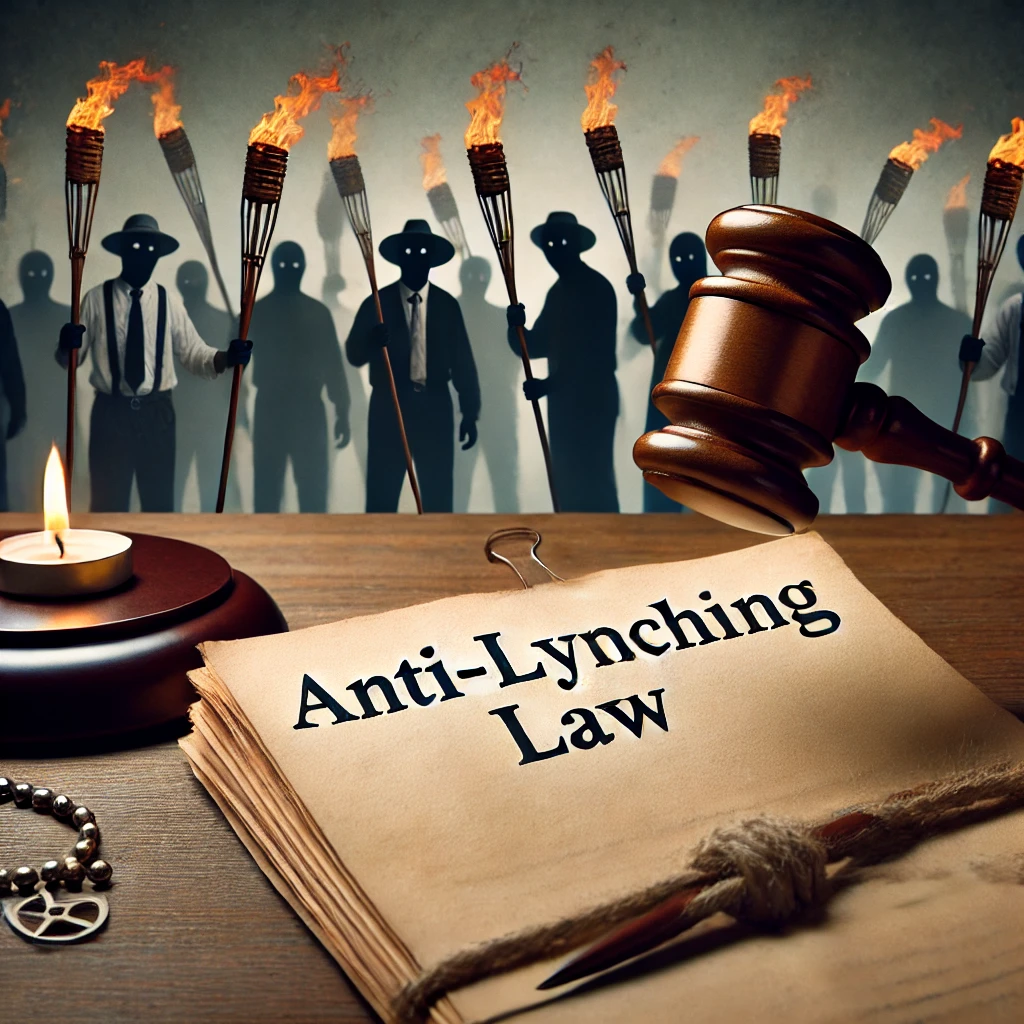
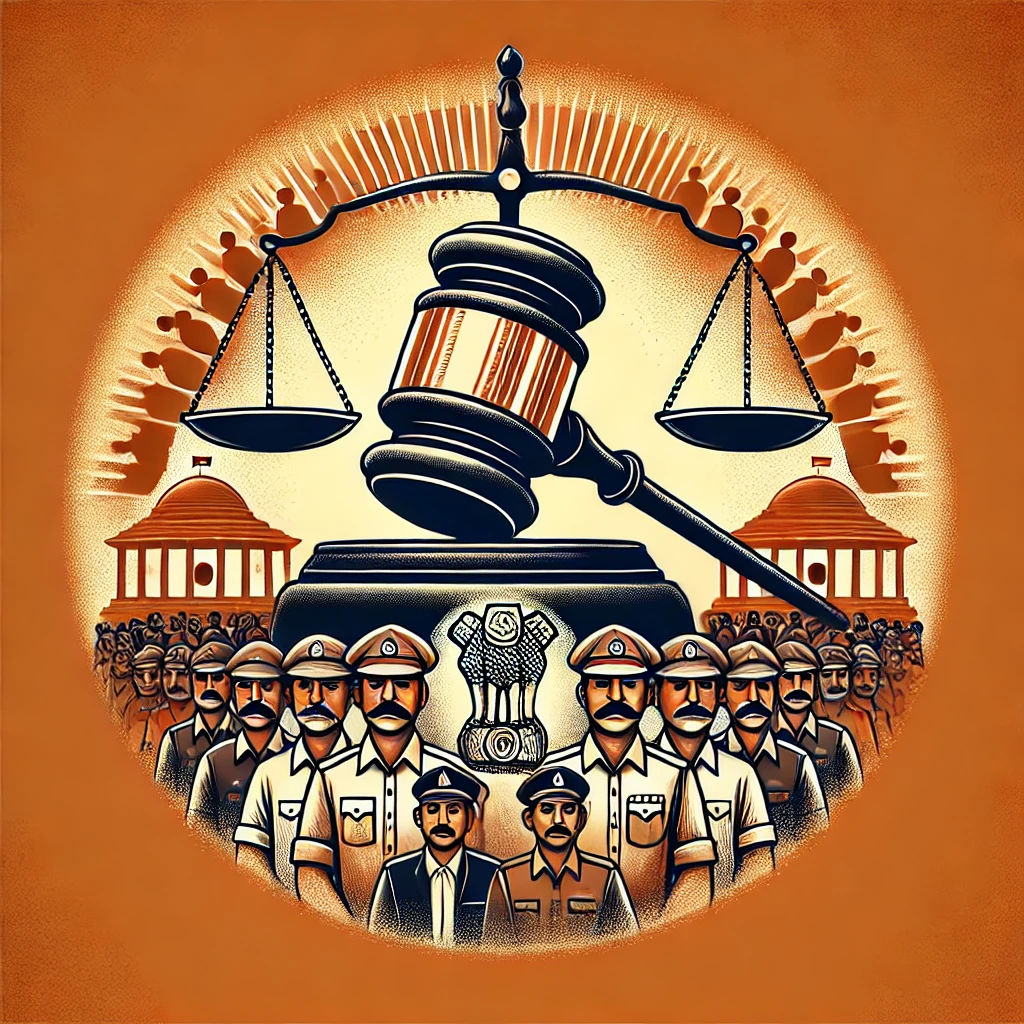

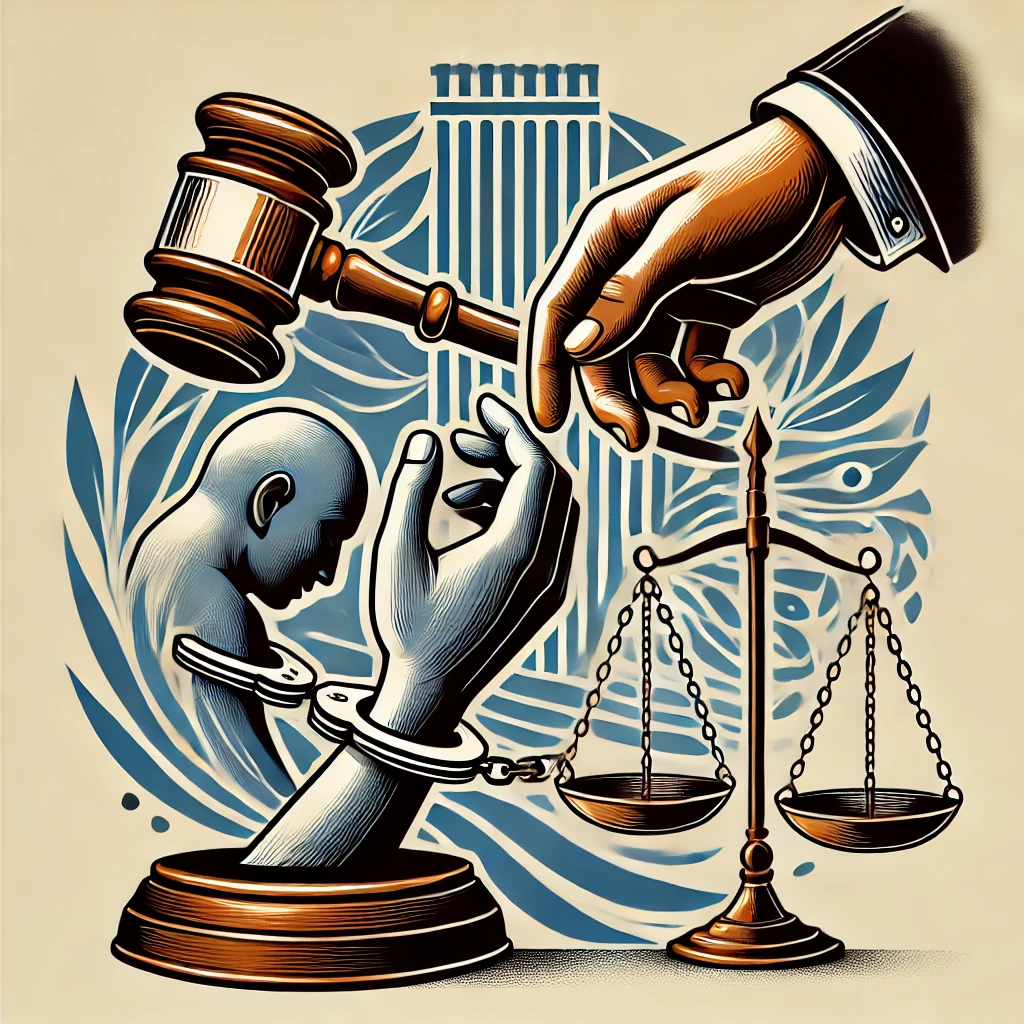
















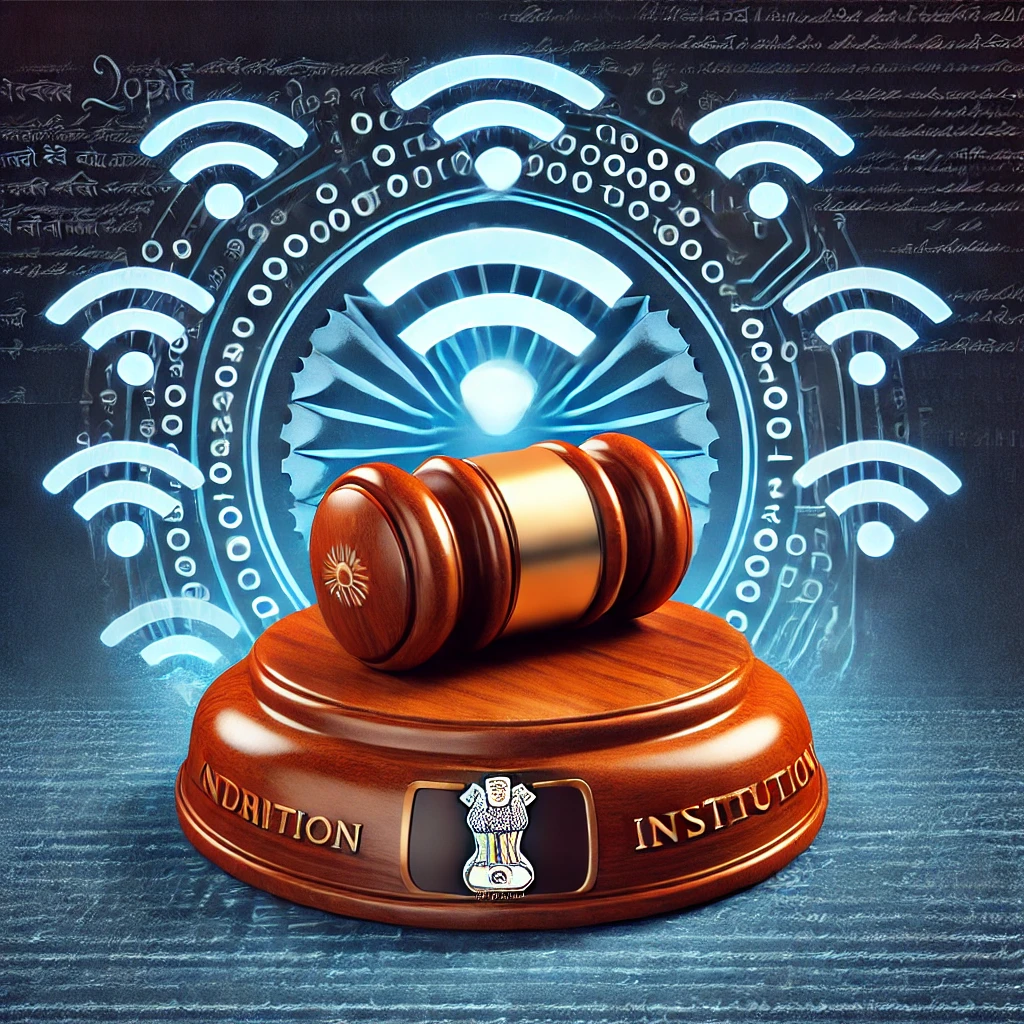


































































































































































































































































































































0 comments